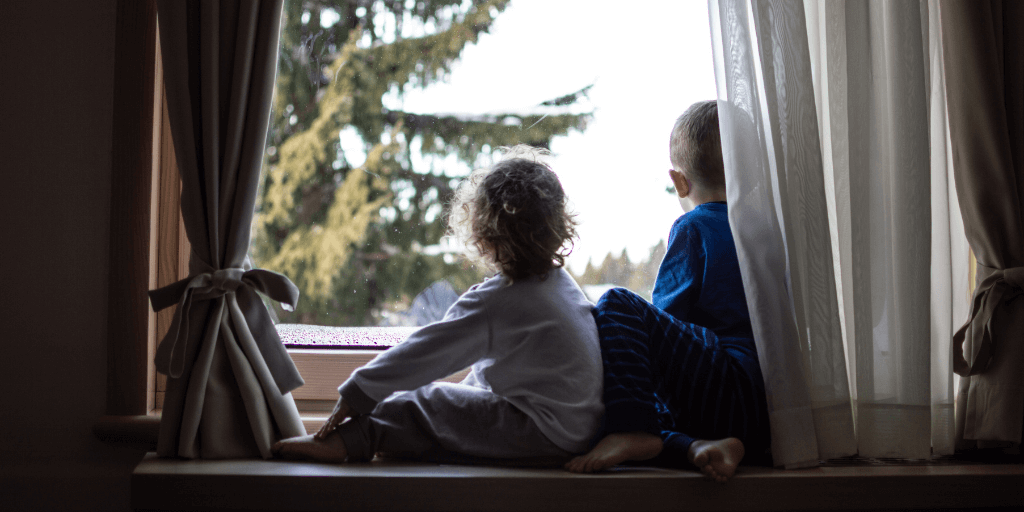
When disruption is an understatement: children bereaved by domestic homicide
‘When disruption is an understatement: children bereaved by domestic homicide’ blog article was written by guest contributor, Professor Eva Alisic from the Child and Community Wellbeing unit at the University of Melbourne. Eva is a mental health clinician and conducts research with children, young people and families dealing with traumatic experiences.
Recently we have finally seen increased attention for women killed by partner violence. While one aspect of this attention concerns the prevention of homicide, another is looking after those who are left behind when it does happen.
For children who are bereaved, their entire life is turned upside down at once. The most common scenario is that their mother is killed, their father is incarcerated as a suspect, their home is a crime scene and their new living arrangements are unclear.
Many children will move between several homes before finding a stable place, which can also include having to change schools. ‘Disruptive’ doesn’t begin to describe the impact of these experiences on children’s mental health, physical health, social and family relations, identity and overall wellbeing.
So, what to do when you are a professional called upon to support a child and their caregivers? For many professionals, this happens only once or twice in their career, which makes the experience – in addition to the emotional side of this work – challenging. There is no previous experience to build on. While every situation is different, insights from our and colleagues’ international research and clinical anecdotes that are important to consider when supporting children are:
- The impact on young people goes across psychological, social, academic and physical health. This means that not only dedicated and evidence-based mental health care is required, but also support with any adaptations to learning, monitoring of any physical health needs and support with establishing trusted social connections.
- Caregivers play a crucial role but often feel overlooked. Is support for them available, regarding both the child’s and their own wellbeing? Are they supported with regard to practical and financial issues? If relevant, are they also being supported with dealing with the media?
- It is relatively rare not to see the potential for conflict between family sides emerge at some point. For example, because family sides disagree on living arrangements for the child, what ‘the story’ is, and whether there should be contact with the perpetrator. How is the relation between the two families and is any mediation necessary?
- Contact with the perpetrator is a difficult element to address. Is the decision regarding contact with the perpetrator based on the child’s preferences? There are multiple ways to maintain contact if this is desirable or legally required, which do not have to include prison visits or visual contact. Decisions in this regard affect caregivers too, especially if they are related to the perpetrator or victim; are they supported appropriately?
The team at the University of Melbourne is interested to hear from anyone who has lived, caregiving or professional experience with bereavement
They are currently interviewing young people, caregivers, family members and professionals in Australia to understand what children and young people need, in order to develop tailored suggestions and provide material for advocacy.
If you’re interested please get in touch with Eva at ealisic@unimelb.edu.au, by June 1st 2023. We’d also be very grateful if you’d be willing to share this invitation with any families for whom you think may be interested.
